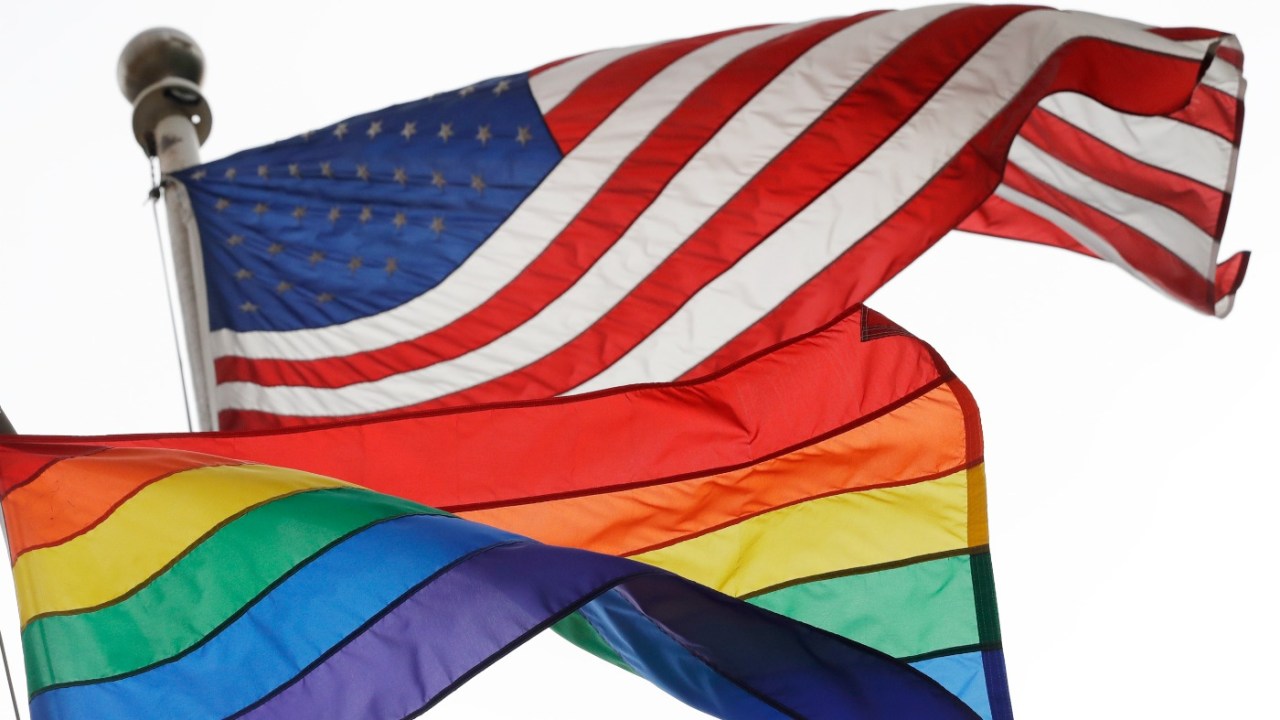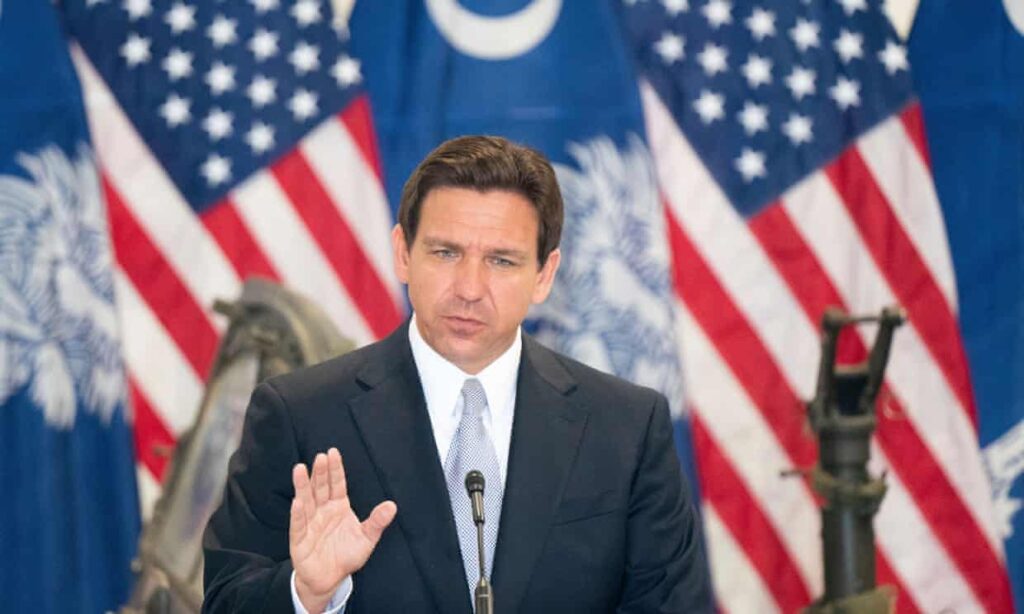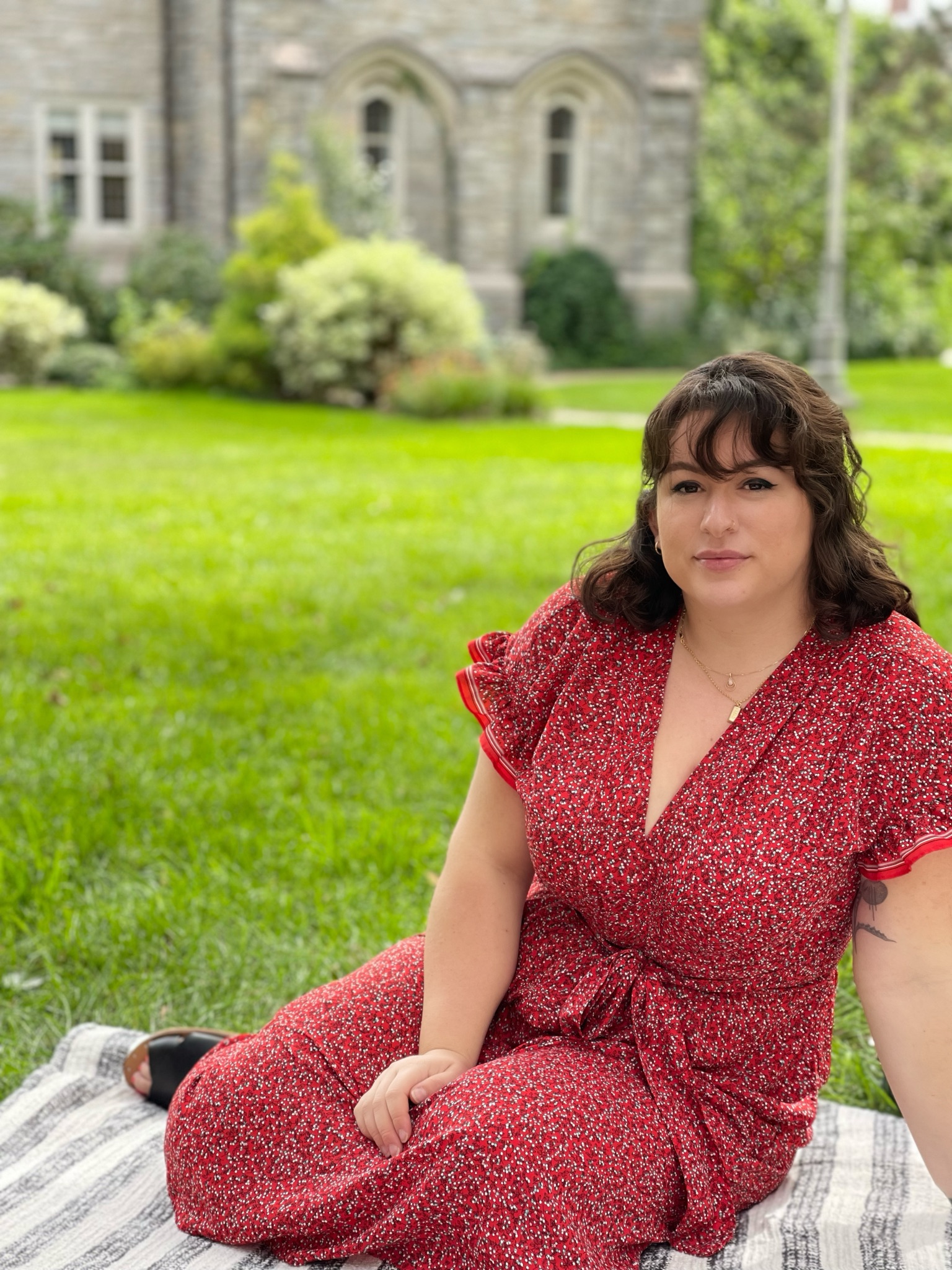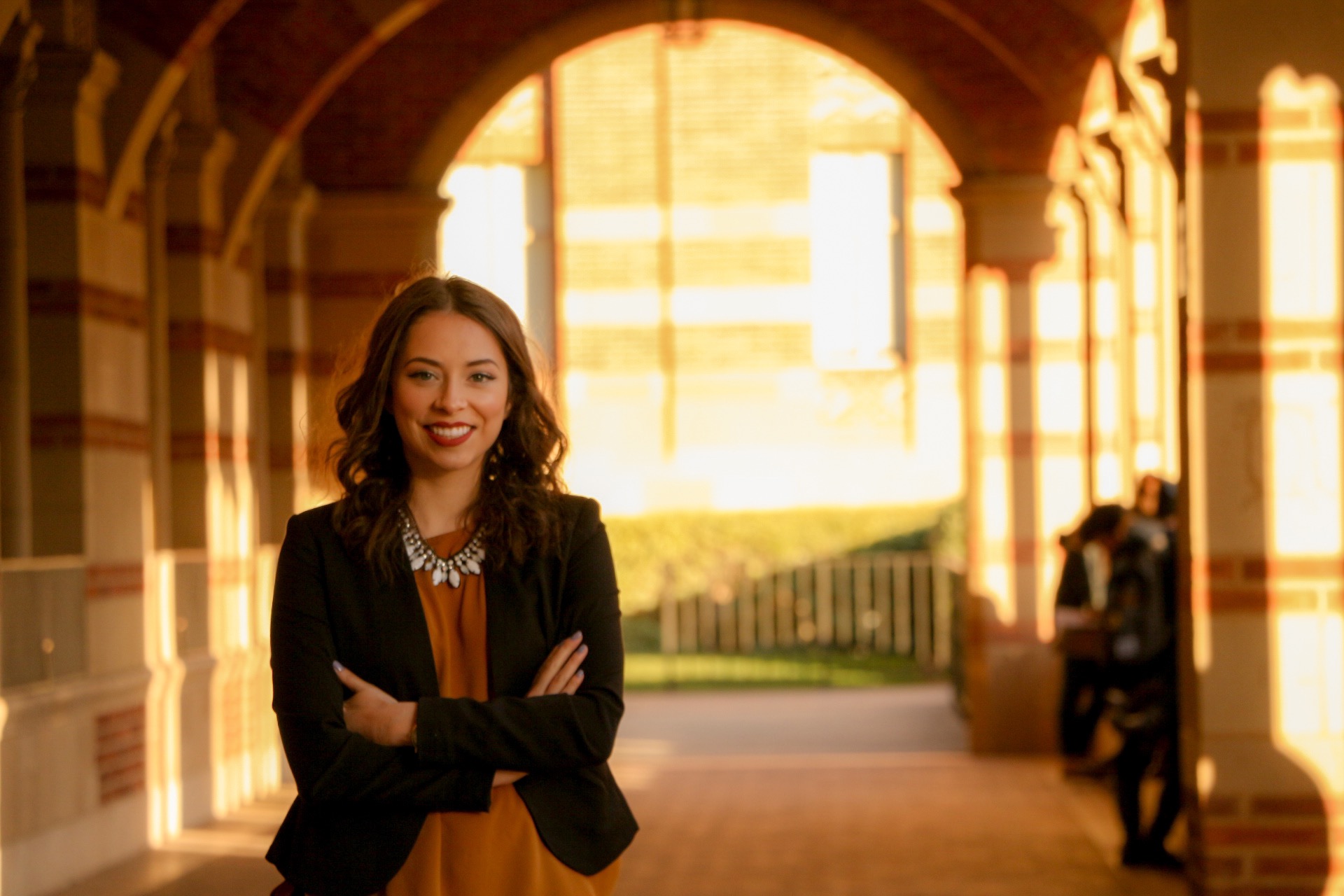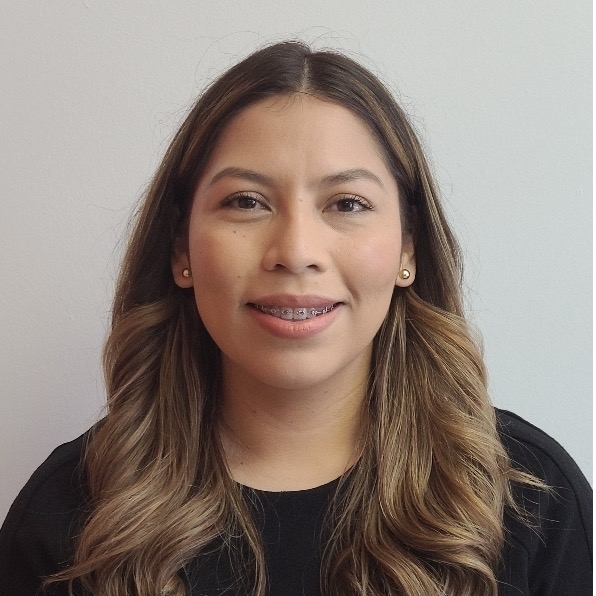Stop pretending slavery was beneficial to the enslaved
Say It Louder
Slavery was actually beneficial to Black people, according to a set of new rules around how Black American history is going to be taught in Florida’s public schools.
The new curriculum also includes assertions that Black people themselves perpetrated violence during historical racial massacres like the 1906 Atlanta race riot and the 1921 Tulsa massacre.
The slavery-was-actually-a-good-thing and there-were-bad-actors-on-all-sides bits are old, racist talking points that I’m not surprised to see Ron DeSantis shamelessly dredging up now that he’s on a national crusade to make himself as appealing as possible to the worst of white America. Using school curricula to delegitimize the horrors of slavery was an obvious next step, but we still need to call it what it is – white supremacy in government.
Read the story on The Guardian
These lawyers are trying to convince the profession to stop using slave cases
More of This
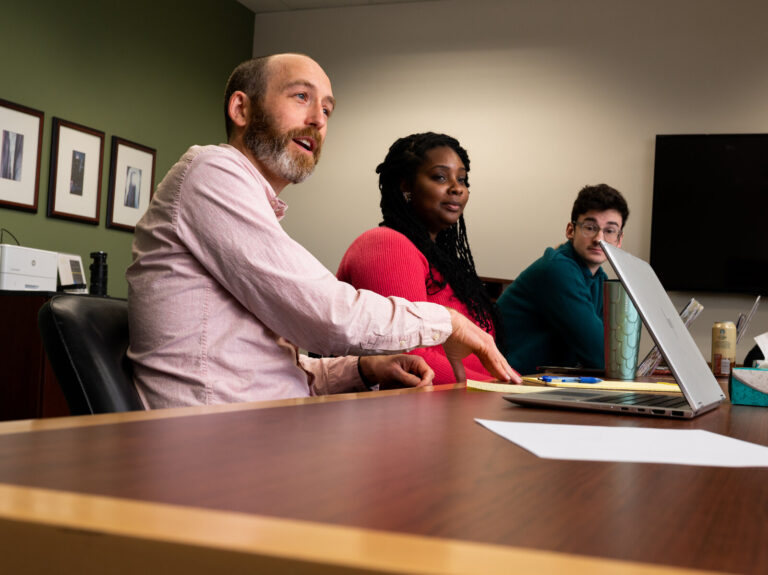
This story starts — but certainly doesn’t end — in 19th century Maryland, when John Townshend updated his will.
Townshend grew convinced at the end of his life that God would punish him if he did not free the enslaved people he owned and give them all of his property. But Townshend’s relatives challenged his final wishes in court, arguing that his decision had been the result of a delusion.
That 1848 case was the first U.S. appearance of what became known as the “insane delusion rule,” which remains grounds for contesting wills to this day. And Townshend v. Townshend itself has been cited in at least 70 other cases across the country — from New Hampshire to California — over the years, as recently as 2007.
It’s one of thousands of cases involving enslaved people that lawyers and judges continue to cite as good precedent, more than a century after the 13th Amendment abolished slavery in the U.S.
Read the story on NPR
SCOTUS codified discrimination against me, and possibly you
Less of This
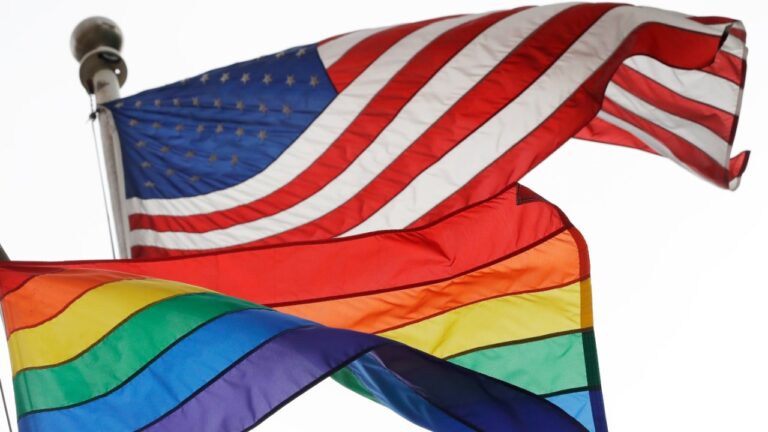
Anthony C. Infanti is the Christopher C. Walthour, Sr. Professor of Law at the University of Pittsburgh School of Law.
In the 1990s, a landlord turned away my then-partner and me when we sought to rent a one-bedroom apartment. Three decades later, the U.S. Supreme Court has definitively slammed that door shut for members of the LGBTQ community and millions of others — including interracial couples and unmarried couples — all of whom are now left exposed to discrimination.
In the wake of the recent 303 Creative LLC v. Elenis decision, civil rights organizations such as GLAD and the ACLU have emphasized the narrowness of the court’s ruling, which for the first time authorizes discrimination against a protected class in contravention of state public accommodation laws. In that case, the court allowed a website designer to refuse to create same-sex wedding websites because doing so would be inconsistent with her opposition to same-sex marriage.
Read the Story on The Hill
Homophobes are having a field day since last month’s ruling
Speaking Of...
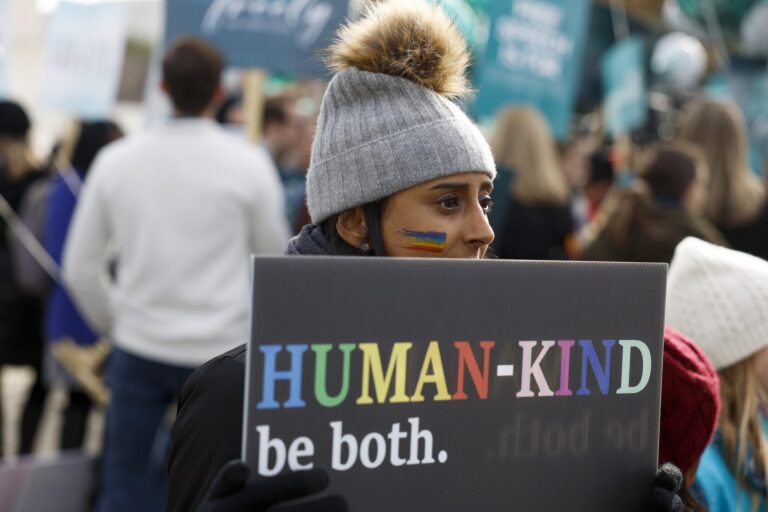
Only a few weeks have passed since the Supreme Court’s devastating decision in 303 Creative v. Elenis, and it has already inspired more anti-LGBTQ+ attacks in courts around the country. And, because the court’s permission to discriminate was so ambiguous—awarded to any business that can convince the courts that it sells something “expressive”—the ensuing assaults rapidly spread beyond web designing, outside of the wedding industry, and to more than same-sex couples.
Just a week after the release of 303 Creative, the Becket Fund for Religious Liberty submitted to the U.S. Court of Appeals for the 7th Circuit a Notice of Supplemental Authority in Fitzgerald v. Roncalli High School, weaponizing 303 Creative against an LGBTQ+ employee of a private religious high school. It argued that the web designer’s victory in that case legitimizes the termination of a female counselor who is married to another woman due to the high school’s freedom of speech. (Soon after, the 7th Circuit ruled for the school regardless of the new authority, yet the case has clearly already been added to the anti-LGBTQ+ arsenal to be used in private employment disputes.)
Read the story on Slate




